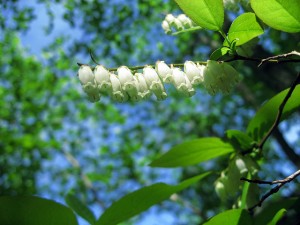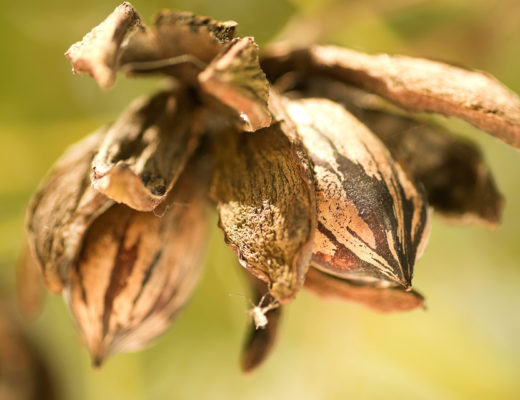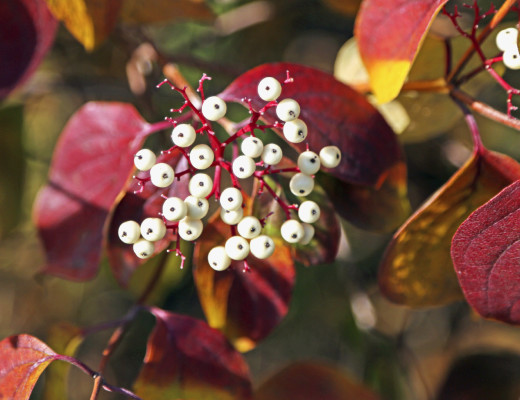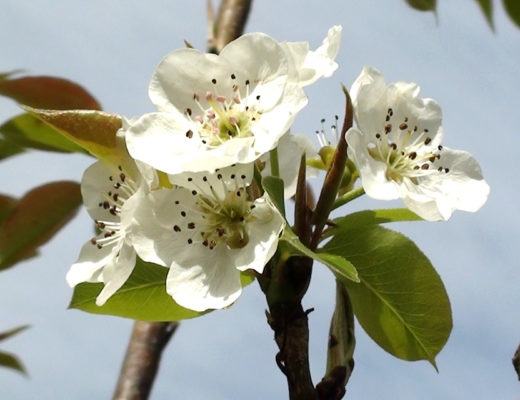(Oxydendrum arboretum)
What if there were a tree with scented flowers and tart leaves that shaded you from the sun’s heat in the summer and amused you with vibrant foliage in the fall, would you be interested? The sourwood tree does just that. This tree is exclusive to North America and isn’t found on other continents unless planted there. Named after the tangy flavor of its leaves, the sourwood tree is full of wonder. 
Mountain climbers and hikers quench their thirst by making tea with sourwood leaves, and pioneers used the sap in a mixture for treating fevers. Agonizing from mouth pain? Early settlers chewed the bark as relief from mouth ulcers. Additionally, bees make honey from the nectar of sourwood flowers—rumor has it sourwood honey is among the best quality. Aside from the natural remedies sourwood boasts, this tree is a natural beauty. Check out a few of these tree care tips if you’re considering adding a sourwood for your yard.
Environmental Factors
- Grows 1-2 feet a year, reaching 25-30 feet at maturity.
- Although it is native to the south, it will grow in a variety of hardiness zones (5-9).
- Prefers normal moisture but has some drought tolerance. Grows in acidic, loamy, moist, well-drained and clay soils. Avoid alkaline or compacted soils.
- Does best in full sun, getting at least 6 hours of direct sunlight every day, but will tolerate partial shade.
Physical Attributes
- Blooms fragrant, white flowers in late summer (June to early July) that resemble lilies-of-the-valley.
- Can live up to 200 years if planted at the right site.
- Bees produce high quality honey from the blossoms of the tree that is said to have a caramel or buttery flavor.
- Offers vibrant fall color with leaves turning crimson, purplish-red and sometimes yellow. The numerous uses that stem from the sourwood give this tree some merit. Its shorter height make it a great contender to plant in your yard, or in front of a backdrop of taller trees.
Do you have a sourwood? Share a picture below!



